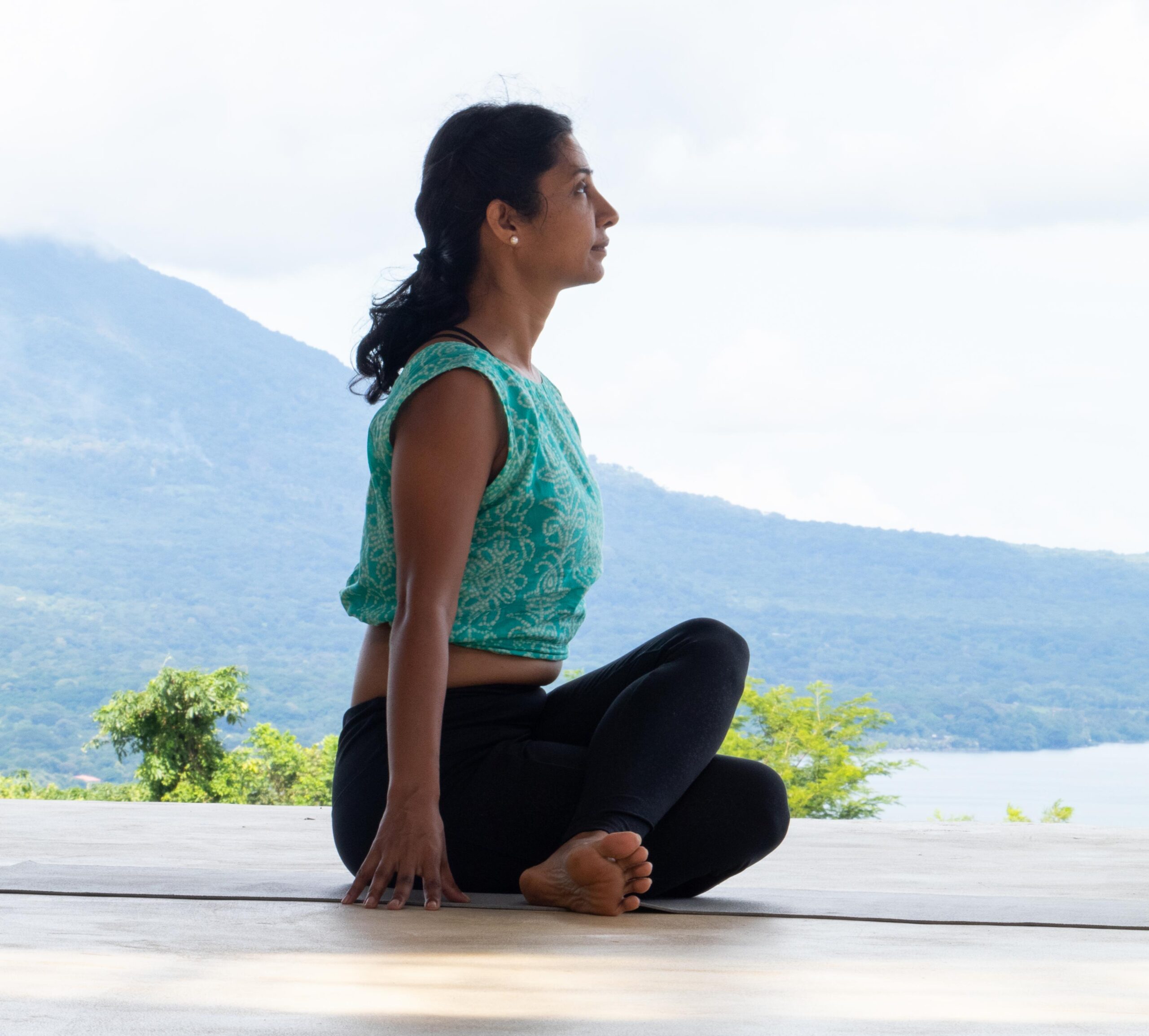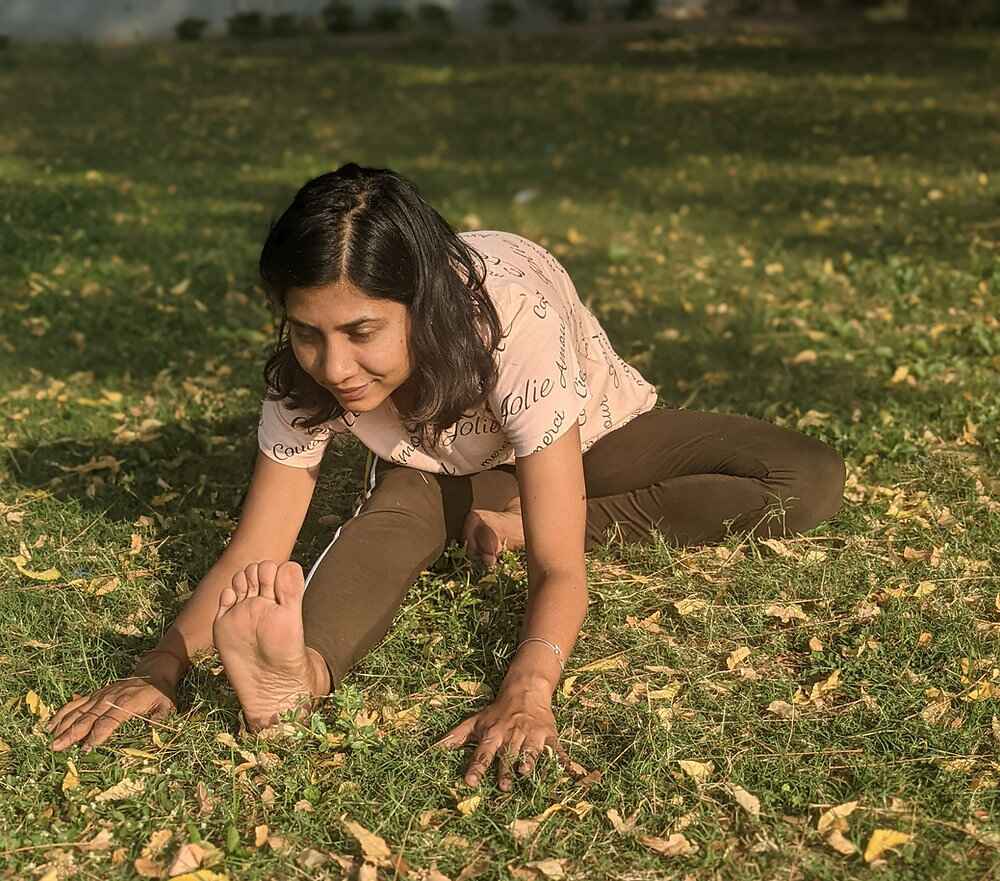Last night a hurricane hit us and when I met my neighbor before that she asked me how are you so calm all the time? We all face stressful situations—whether it’s something as extreme as a hurricane or more routine challenges like meeting deadlines, caring for an infant, attending important meetings, or handling emergencies. While we can’t always avoid these situations, what we can control is how we respond to them.,
What is Stress and Anxiety?
Let’s first explore the ‘Fight or Flight Response’, a natural reaction to stress or discomfort. When faced with challenging situations, like moments that make you think “Oh no!” or “Not again,” your body triggers this response. It’s an instinctive reaction that prepares you to either confront the issue or escape it, known as ‘Fight or Flight’. During this process, the body releases a hormone called cortisol, also known as the stress hormone.
While cortisol is essential for dealing with immediate stress, elevated levels over time can lead to a range of health issues. These include increased blood pressure, rapid heart rate, shallow breathing, overeating, and even the potential for substance abuse.
When the fight-or-flight response is triggered repeatedly, the body can become overly sensitive, reacting intensely to situations that aren’t truly threatening. This creates a pattern, and soon, the body and mind are conditioned to expect stress and fear what’s coming next. This ongoing worry about the future is where anxiety takes root.
How do you know if you have Stress and/or anxiety?
Sleepless nights or insomnia, fatigue, difficulty concentrating, constant irritability, mood swings, and feeling low or demotivated are all common mental and emotional signs that you are under stress. Chronic, persistent worry without an actual trigger, in addition to these symptoms, are signs of anxiety.
Physically, you experience muscle tension or pain, loss of appetite or the urge to overeat, or even eat at odd hours, digestive troubles, headaches, a pounding heart, increased blood pressure, sweating, and fast and shallow breathing are all signs of stress and anxiety.
What are the common causes of Stress and Anxiety?
Stress and anxiety are commonly caused by everyday, external triggers such as:
- Pressure at work, school or to perform at a game
- A hectic daily routine or expectations of or from loved ones
- Unhealthy or random eating habits
- Coping with changes and challenges
- Excessive physical strain or over-exercising
- Expectations and desires that are not met
- Uncomfortable or fearful situations like public speaking, driving in traffic, etc.
- Traumatic or tragic situations like death, divorce or an uncontrollable disaster
- An overall unhealthy lifestyle
How do you overcome this?
When we experience stress, the sympathetic nervous system is triggered, putting our body into “fight or flight” mode. As long as the brain perceives the threat, it continues to release the cortisol hormone, keeping muscles tense and the body on high alert. To reverse this and reduce cortisol levels, activating the parasympathetic nervous system is crucial.
The parasympathetic nervous system helps slow down the stress response by releasing hormones that calm the mind and body. It encourages the body to shift into a ‘rest and digest’ state, reducing high-energy functions like rapid heart rate and tension. When this system is activated, we experience improved mood, stronger immune function, and lowered blood pressure.
A key player in this process is the vagus nerve, often referred to as the body’s secret weapon. It’s the longest cranial nerve, stretching from the brain to the abdomen, and connects to most internal organs. Stimulating the vagus nerve sends signals to the brain to relax, balancing the fight-or-flight response and engaging the parasympathetic nervous system, helping you feel calm and at ease.
How does yoga help you to relieve stress?
We know all of this sounds very science-cy and complex. But it’s not. Simple practices can help you keep the vagal tone healthy, activate or balance the parasympathetic nervous system, and change your perspective or belief in situations, which will gradually start reducing your stress and anxiety.
A study conducted by Harvard Medical School says that yoga practices can reduce the impact of exaggerated stress responses and may be helpful for both anxiety and depression. Yoga modulates the stress response systems decreasing physiological arousal such as reducing cortisol levels and the heart rate, lowering blood pressure, and easing respiration.
Yoga practices
Asanas, breathing techniques, deep breathing, meditation, yoga nidra are all various practices that help combat stress and anxiety.
Many asanas work specifically on the autonomic nervous system, while breathwork helps calm the system and improve mindfulness and presence of mind. Regular practice improves cardiovascular functioning and reduces activity in the limbic system – the part of the brain dedicated to emotions, thus, reducing emotional reactiveness to triggers.
Your habits shape who you are, and breathing practices are no different—it’s all about consistency. Join us at our upcoming retreats, where we’ll guide you through beginner-level breathing exercises every day. You’ll not only learn the techniques but also make them an integral part of your daily life!





